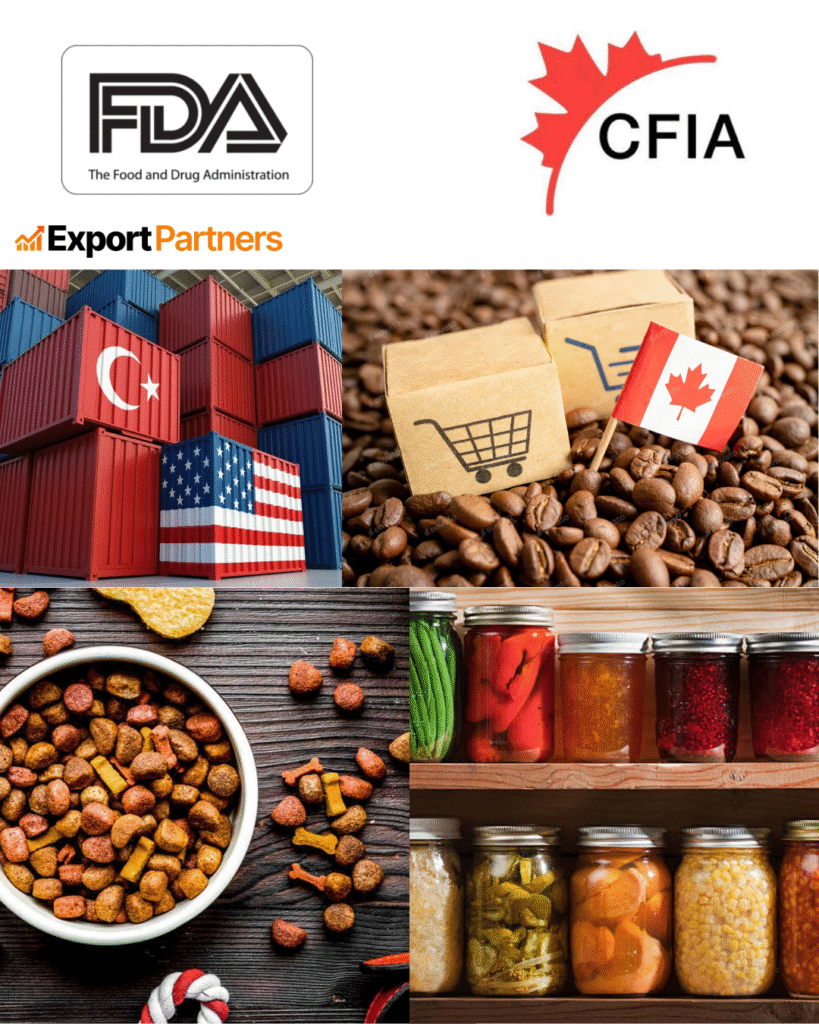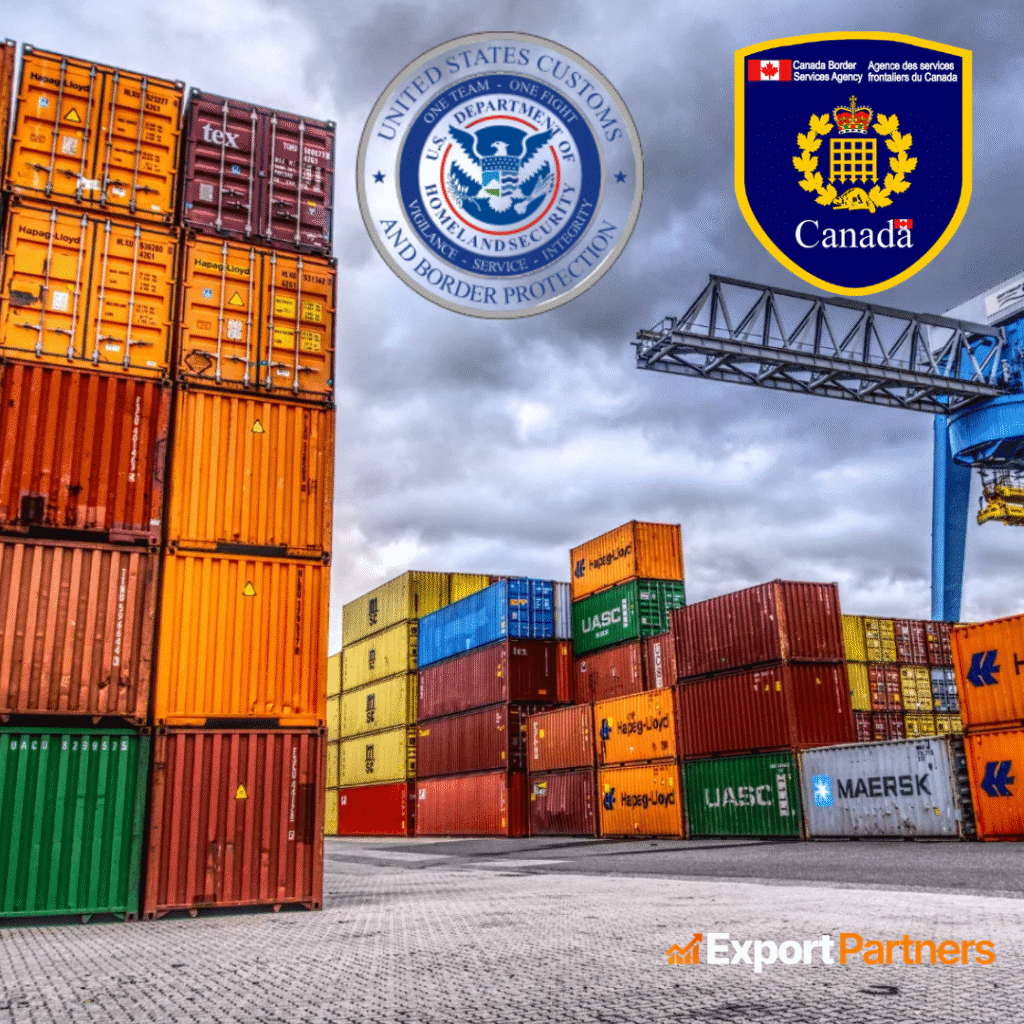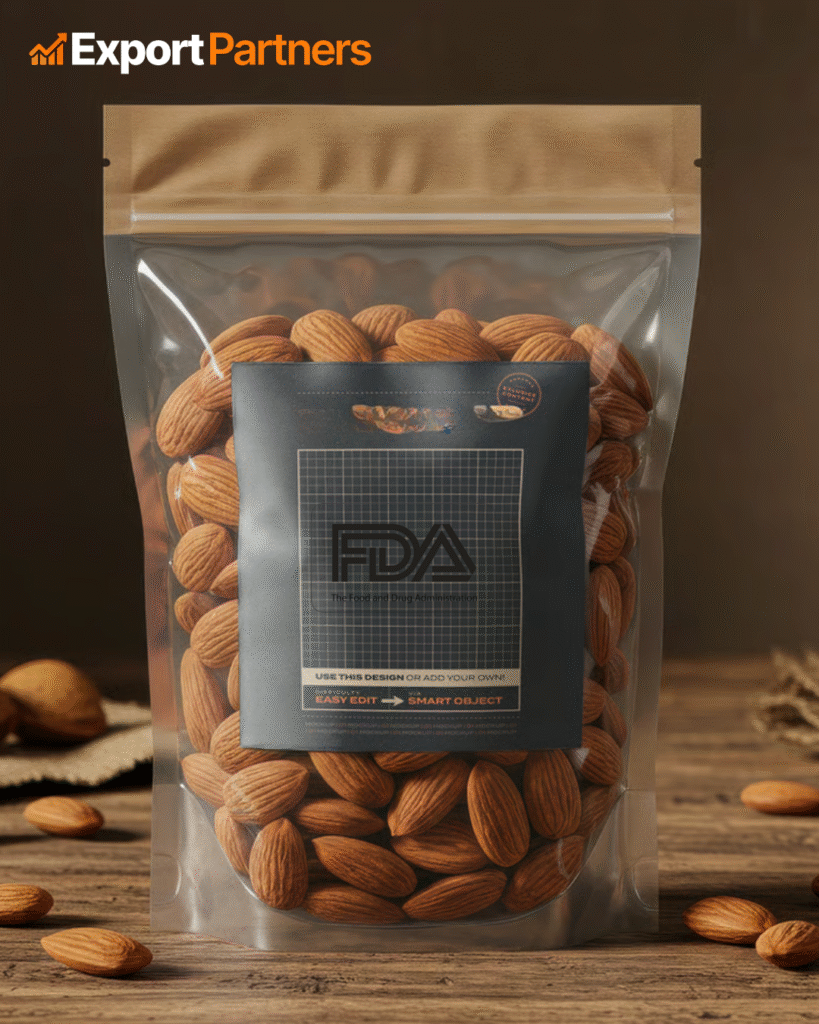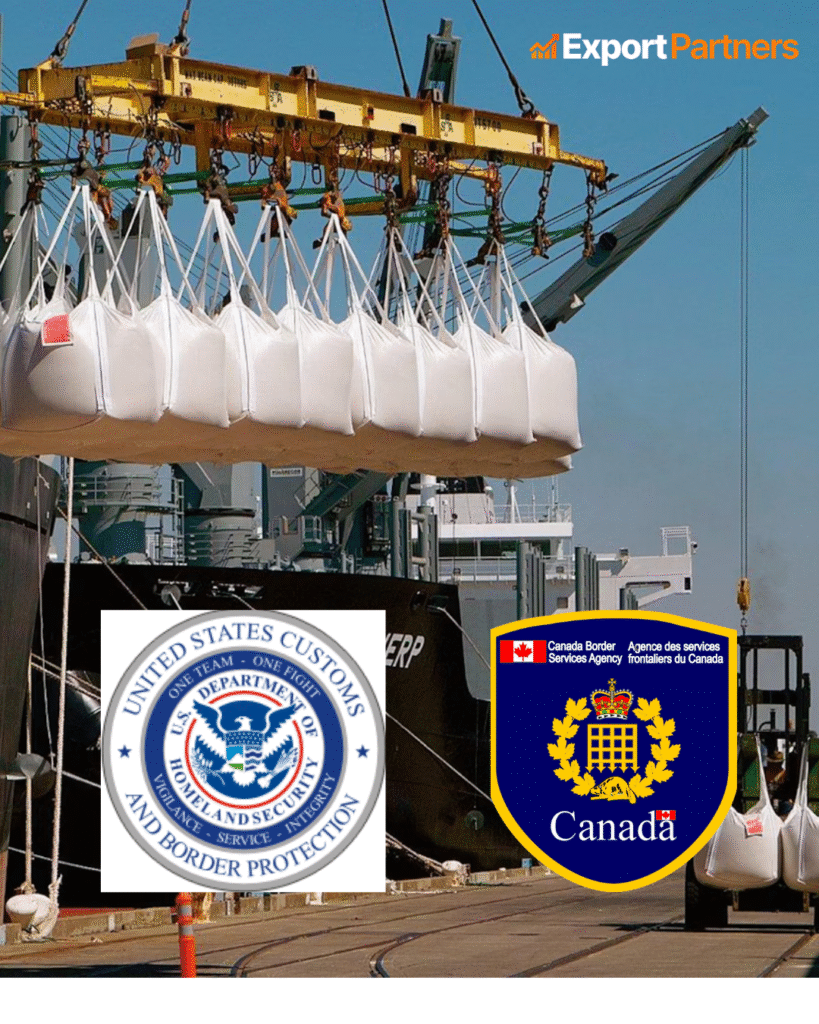Export Partners End-to-End Consultancy Service

Many local food producers in Turkey have great opportunity potential in global markets, especially in markets such as the US and Canada. Unfortunately, the export process does not end with just sending a container of product. In this journey, it is essential to correctly carry out both the legal and logistical processes in Turkey and the registration, permitting and labeling rules of institutions such as FDA, USDA, CFIA in the US and Canada.
1. Initial Preparations in Turkey
Before starting the export process, producers in Turkey need to lay a solid foundation. These steps are prerequisites for foreign certifications:
- Food Registration Certificate and Production Permits (from the Ministry of Agriculture and Forestry)
- Quality certifications such as ISO 22000 / HACCP (recommended).
- Analysis reports: Microbiological, chemical analyzes
- Preparation of product labels in accordance with the Turkish Food Codex
- MERSIS, tax plate, exporter association membership
- First meeting with customs consultancy (in terms of clarification of GTIP codes)
2. Documents Required for Exports to the USA and Canada
After completing the domestic preparations, it is time to move on to the legislation in the target market of export. The US and Canada have different systems:
For the US:
- FDA Food Facility Registration
- FDA Label Revision (according to the English label format)
- USDA Permit (for products with animal ingredients or products subject to inspection)
- Prior Notice (mandatory electronic notification before shipment)
For Canada:
- CFIA Food Registration
- SFC License (Safe Food for Canadians License)
- English and French bilingual label requirement
- In-Canada importer requirement for some products (e.g. food supplements)
3. Logistics and Customs Process in Food Exports: What to Know

The logistics and customs process is one of the areas where manufacturers have the least experience. This is why it is so important to work with the right express company:
- Air freight: For sample or small quantity shipments
- By sea: More economical for pallet-based shipments
- If DDP shipment is to be made, IOR (Importer of Record) is required
- A proforma invoice and packing list should be prepared before shipping
- In the USA and Canada, the receiving company must have a customs code (EIN or Business Number)
Logistics and customs steps in food exports are one of the most complex and critical stages for producers. Missing documents or incorrect procedures can result in products getting stuck at customs or being returned.
US & Canada Customs Services:
- IOR supply (if there is no buyer company)
- FDA Prior Notice and label compliance support
- Customs Bond supply
- Custom customs planning for Amazon FBA, B2B or sample shipments
4. How can we facilitate the process?

The export process is a strategic as well as technical issue. This is where consultancy firms and compliance teams that can organize this entire process on behalf of the Turkish manufacturer come into play. As Export Partners Turkey, we ensure that local producers are not only documented but also listed in the target country and prepared for platforms such as Amazon or Shopify. The main areas we support from the beginning to the end of the process are as follows...
- FDA, USDA, CFIA registrations
- Label revision and compatible English/French designs
- Sample submission and cargo tracking
- Consultancy for platforms such as Amazon/Shopify
Getting professional support in this process protects you both in terms of time and cost. If you want to sell your food products safely in the US or Canada, you can contact us. We create a personalized roadmap for each producer.
Frequently Asked Questions (FAQ) Food Exports

1. What records are required at customs for food exports to the US?
In order to ship food products to the US, FDA Food Facility Registration must first be obtained. However, this alone is not enough. You must be identified as an Importer of Record (IOR) by a US Customs Broker who will represent your product at US Customs. In addition, in some cases a Customs Bond (letter of guarantee) is required. This bond is activated in case the products do not comply with the regulations.
2. What is a Customs Bond and why is it important for food exports?
A Customs Bond is a type of financial assurance offered to US Customs. If duties and obligations are not met, this bond kicks in. For regulated products such as food, it can be used as a one-time (Single Entry Bond) or annual (Continuous Bond). As Export Partners, we organize these processes.
3. What records should companies that want to send food to Canada complete?
Export to Canada requires CFIA registration, compliance with the bilingual requirement for labels and an SFC license for the importer. If there is no such importer, we can complete the export process with a temporary partner license.
4. Do you offer special shipping service for food products to America and Canada?
Yes. We provide shipping services for food products from Turkey to USA/Canada in accordance with DDP or CPT delivery methods. With UPS, FedEx or our dedicated freight partners, food-oriented export logistics are managed end-to-end.
5. What happens if my product gets stuck at customs during customs clearance?
If the prior notice is missing, the product will be rejected. If there is an error on the label or in the records, the product may be detained. In this case, additional fees will be incurred. Export Partners completes the preliminary checks and records to eliminate these risks from the beginning.

